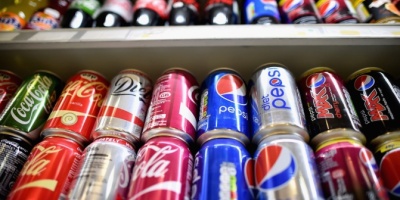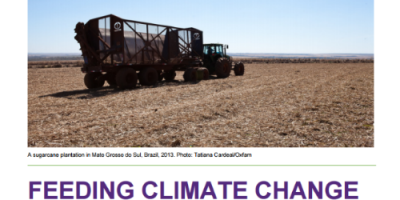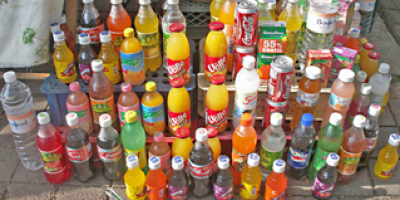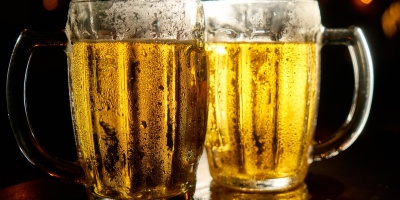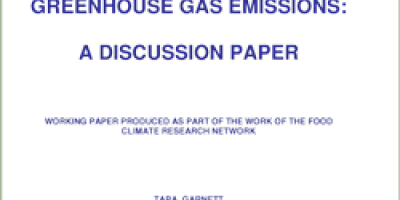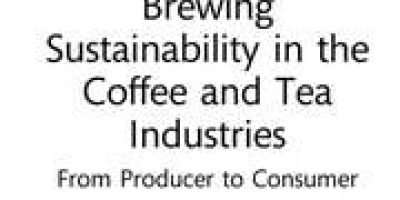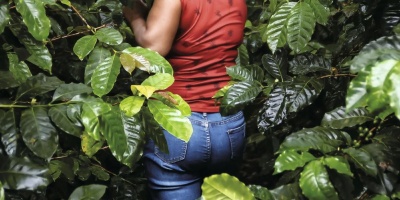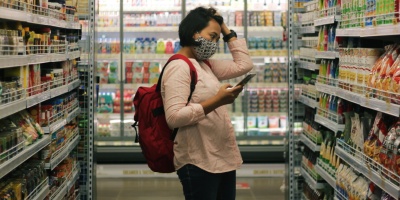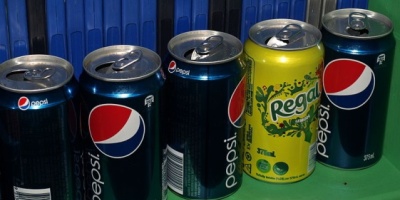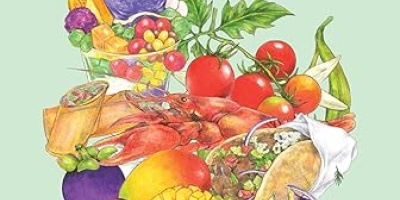Beverages are drinks. They exist in a wide variety, are alcoholic or nonalcoholic, and come from a range of sources. After plain water, tea is the most consumed drink in the world, with about 6 billion cups drunk per day. Many drinks are associated with specific sustainability issues. For example, coffee is frequently responsible for tropical deforestation, pesticide spillage and substantial water use for cultivation. As many drinks provide no nutrients necessary for human survival, their consumption, and the associated resource use for their production, could arguably be considered superfluous. With the growth in sugary drinks consumption around the world, there is also an associated increase in obesity and associated non-communicable diseases; to tackle this, some countries are implementing taxes on sugary drinks. Tea and coffee production have also received much negative attention for their association with low labour standards and even slave labour. Various certification schemes such as Fairtrade and Rainforest Alliance have attempted to improve conditions for workers and the environment in these industries.

